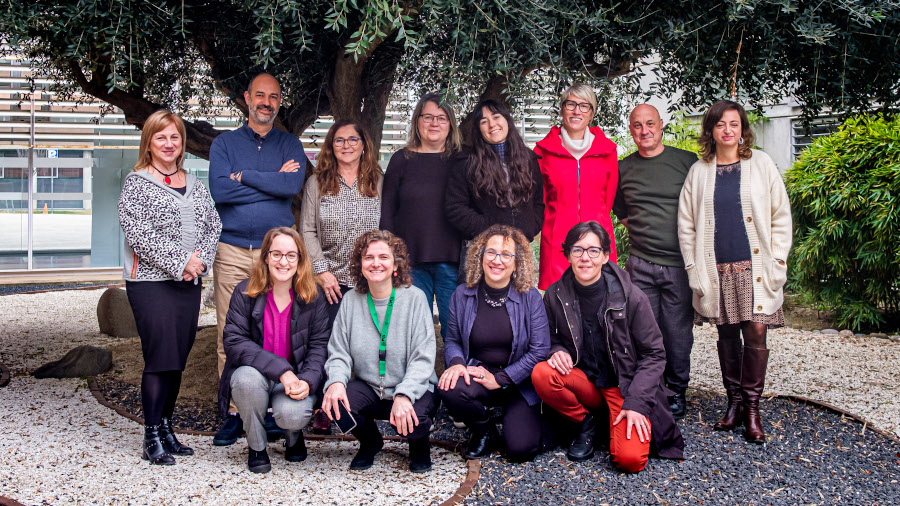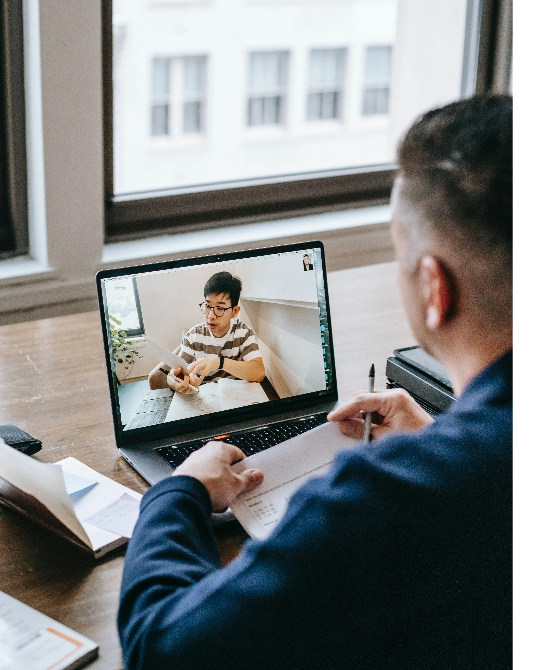Mission, Vision, and Objectives
AccessCat Network is a knowledge transfer network funded by AGAUR and coordinated by the Autonomous University of Barcelona. It gathers research groups from different Catalan institutions.
Our vision is to become a benchmark in the field of accessibility to information and communication, bridging the gap between research, society and industry. We want to offer solutions to a diverse society where everyone should have access to information, culture, and education.
AccessCat Network’s mission is to foster and develop the transference and valorisation of research results on accessibility to information and communication, with special focus on its social impact and the involvement of end users.

The Network is based on four pillars
Actions and transference
To attain our mission, the network strives to provide tools, resources, and support to the groups and perform actions such as:

Creating a catalogue of the research groups’ technologies, services, and knowledge

Performing awareness-raising activities on accessibility to information and communication

Offering guidance and training for businesses, institutions, and entities so they incorporate innovative accessibility technologies and services

Holding demonstrations, showcases, and dissemination activities for businesses

Supporting research groups to develop disruptive solutions, conduct international missions, and take part in standardisation bodies

Why accessibility?
According to the Universal Declaration of Human Rights, we all have the right to access information, communication, culture, and education. However, we live in an increasingly digital society where the barriers are still clearly present.
Accessibility is an essential way of guaranteeing social cohesion and equal opportunities.
Accessibility not only benefits persons with disabilities, migrants, the elderly, or persons with learning disorders or reading difficulties. It benefits us all.
Accessibility generates wealth because it:
- improves brands: it adds value to products and services
- guarantees improved user experience
- broadens the market: it makes commercialisation and circulation to wider sectors possible while also saving on added costs
- minimises the risk of legal non-compliance
Our challenge as a society is to create universal products and services. The research the groups in the AccessCat Network perform can help overcome this challenge.

Our challenge
Universal products and services



